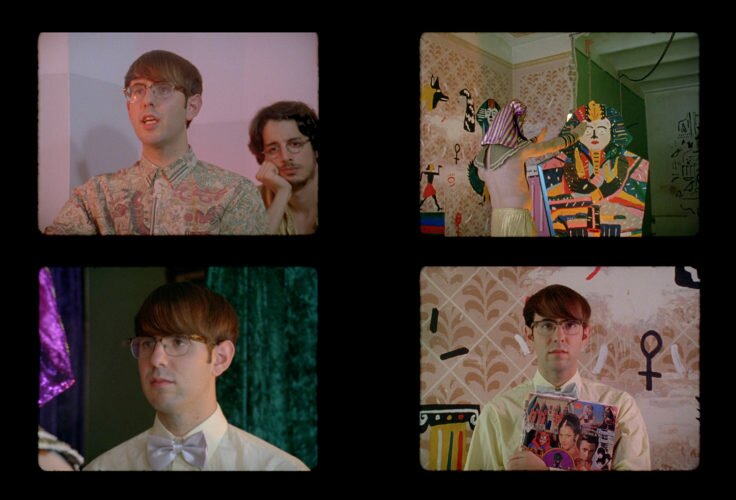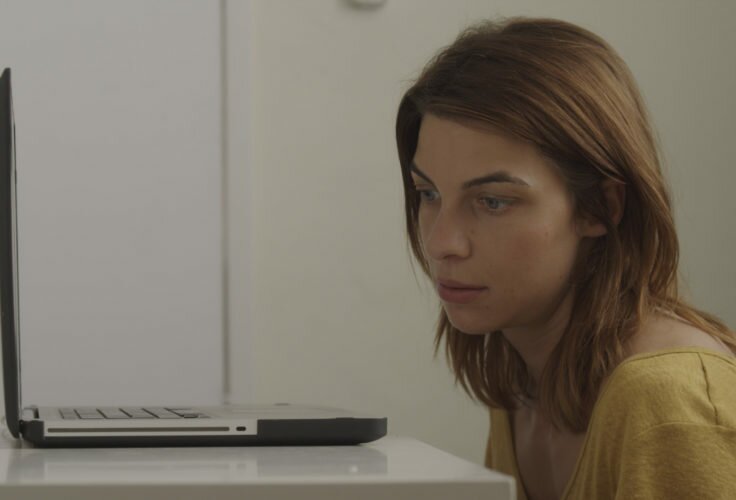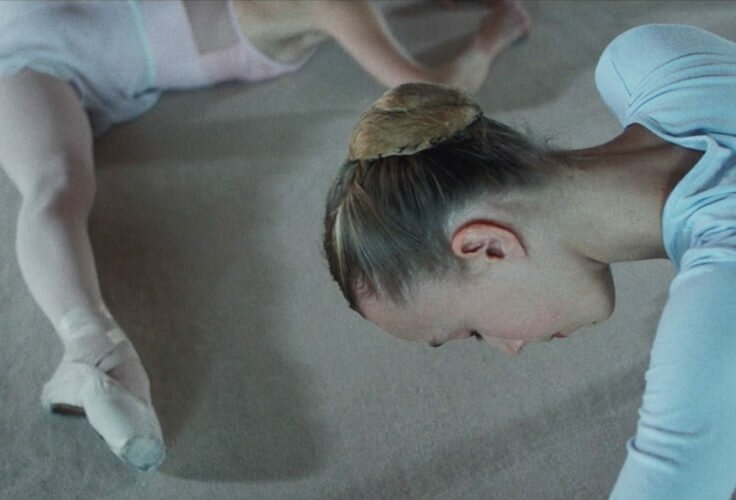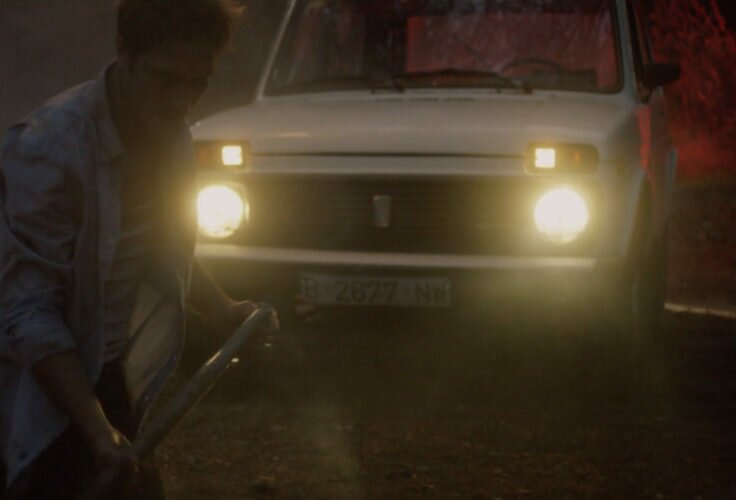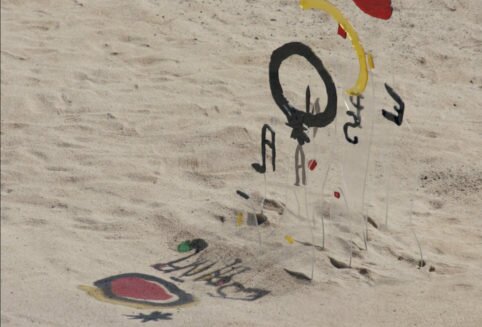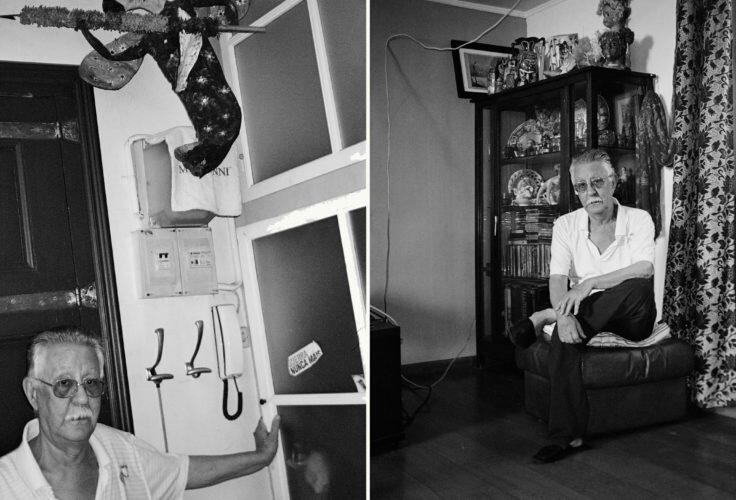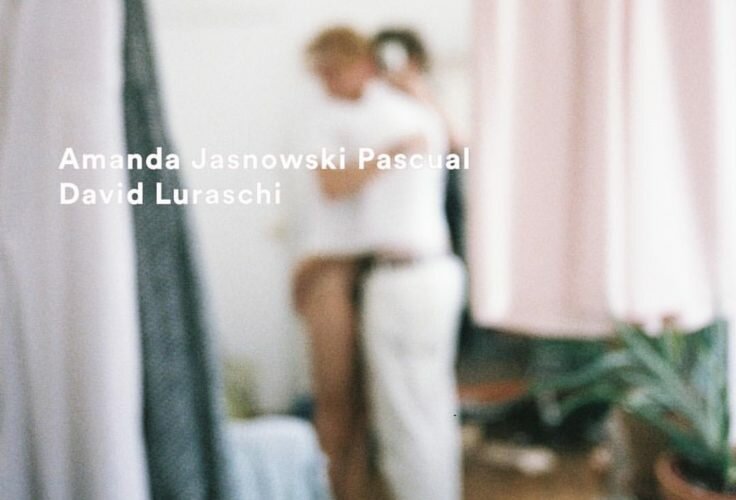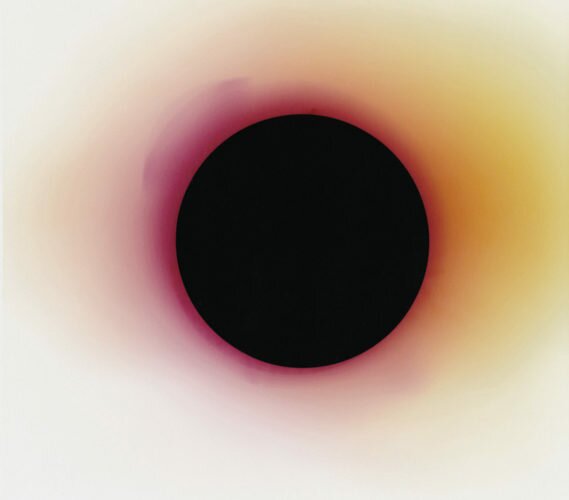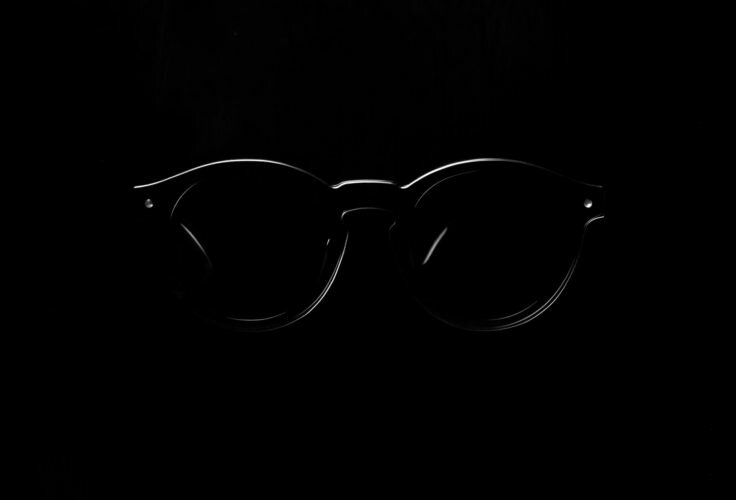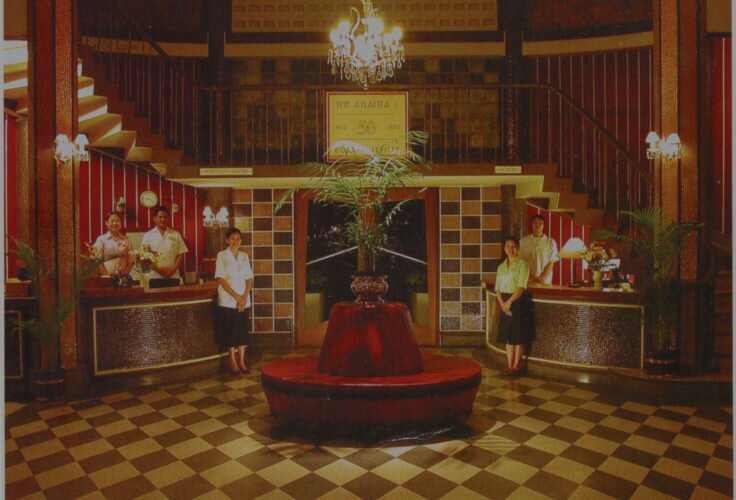Rock’n’roll and sitcoms and films and sport: Writer Chuck Klosterman writes essays about that (and many other unpredictable things). Kiko Amat interviews him.

SPECIAL
READING AND AUGUST
Text by Kiko Amat.
BIBLIOMANIA
IN
(M)E
MINOR
6.
“And here I have my books,” was Kiko Amat’s provisional title, that he ended up discarding, for this article, a first person (of course!), brutal and sincere exercise in which the author audits his own library and judges his life as a reader. Western canon? Get out of here! Cultural correctness? On your bike!
1)
Books I tore apart
Only a few days ago, my devoted wife got to our house and surprised me cursing like a madman, soaked in sweat and with my eyes fixed on a distant spot, like a sniper who’s found his target after months of unsuccessful search through the marshes. At my feet, a not-metaphorical carpet of torn apart books. Yes, that’s me, my fellow readers. A man full of patience towards other people’s stupidity and the writing of nonsense. Let’s see. I tore those books apart for a simple reason: although I can tolerate any human shortage, I hate bad fiction. I abhor tackiness, I detest affectation and pomposity, unnecessary crypticism drives me insane, as do junk and clichés and books full of “mad” and “unpredictable” girls with pleated skirts and kleptomaniac habits that in the real world would be locked up –and highly medicated– in a psychiatric ward. I don’t like irredeemable inanity, as H.L. Mencken put it. OK, I’m being generous: it’s not only I don’t like them; it’s just that their mere physical existence is an insult against everything I consider sacred and valuable in this planet. These books attack my personal moral system. That’s precisely why I love it when everything fits in, and a writer I hate praises a book I abhor. For example, Benjamín Prado talking about Dana Spiotta a few days ago. This is indeed a conspicuous case of “the blind guiding the blind”, as the English say, but change “blind” for any adjective relating to dung. The list of books I hate and I’ve (literally) torn apart is too long to be included here. But some of the most recent ones are Jonathan Lethem’s Chronic City, Dana Spiotta’s unspeakable inanities, Jennifer Egan’s, and Mark Z. Danielewski’s House of Leaves.



2)
Books I lent
You’re talking about someone else, sorry. I don’t do that: lending. I’m not a library. But it seems my wife is, since I’m starting to miss more and more books each day, and I know for sure it’s not in my nature to resort to that kind of extravagance. No, it’s her, and she even boasts about her repulsive actions. My wife calls that ‘shock therapy’: a questionable method, invented by herself, to turn me into someone selfless and generous with my physical belongings. Her despicable tactics consist in lending my stuff to any bastard who might ask for them. Of course, the only “shock” in this therapy comes when I’m looking for any of my beloved books and she confesses, after a newly inaugurated barricade, that she lent it to her friend Piluca, and then I proceed to tear apart all pieces of furniture, one by one, and when I finish, I do the same with some of the books mentioned on the previous paragraph. Because I don’t lend books. Those I did lend in a very remote past, when I was another person, were never returned. But have no fear: I still keep a (mental) list of what books I lent to whom, although some of the guys are already dead. I don’t know if I’m waiting for them to give them back to me in another life or what. A very different thing is books (should I believe my wife) I Really Lost. What a mystery! (he said looking like an ass, after having moved four times, one time changing continent). I guess they must be inside Davy Jones’ chest, or in the ghost dimension odd socks and Ikea Allen keys go to when there’s a DIY emergency, and no one ever sees again.


3)
Books I was unable to finish
I stopped letting people, even my mother, recommend me books a long time ago. No one ever got it right, despite me being as transparent as a delicate crystal vase. But people still insist on doing it; it must be some kind of pathological compulsion. Sometimes, these poor loonies even described the plot to me, as if that was some kind of irresistible incentive to read them. But this hurtful life has taught me that lots of wonderful people have an awful taste (or at least not compatible with mine) and vice-versa. In the past, and to avoid the pain in the arse argument that would surely entail, I accepted to read novels recommended by some well-meaning dull folks. I couldn’t get past page 60 of intricate, muddy and exasperating Thomas Pynchon’s Vineland, or the simply dull Oblomov, by Iván Goncharov’s (on page 58 the guy hasn’t even stood up from the divan; you’ll understand I can be made no accomplice of a fictional indolence of such calibre). I just can’t stand Crime and Punishment either, no matter what everybody says, or the rest of those bearded Russians. I think Beckett and Joyce are a couple of intolerable bores, as most modernists (except B.S. Johnson), and a great deal of 19th century writers (save Wilde and Dickens) who write like deceased people. A high percentage of the American sixties canon is, purely and plainly, unreadable today (90% of Mailer and Vidal’s works is dispensable, more so since they were unable to write books under 700 pages long). And who would wish today to waste a whole month of their lives reading Henry James, Eugene Onegin or La Regenta? Seriously: life is far too short, and The Magic Mountain advances at the same speed than glaciers.



4)
Books I made myself finish
There are only three reasons to finish a book not only you don’t like, but you’re starting to hate: a) out of pride (you’re not gonna get me, Rayuela), b) to make sure you hate it and then be able to insult the writer in public without giving anyone the chance to accuse you of not having read it (how utterly filthy and pompous you are, Rayuela!), or c) to understand something you need to know at all costs, no matter how strenuous or trivial. You can include, in this last category, all the anarchist thick volumes I consumed during my utopian youth, convinced that they held the universe’s (political) truth, and which later on I pushed into the background of well-meaning but completely useless nonsense in my library. Answer me, I beg you: who buys all those anarchy, trade unionism and proletarian revolution treatises that stubbornly pile up in the catalogue of AK Press, or the windows of the CNT library on Joaquín Costa street? Someone must buy them, I guess, even if they’re only used as atrezzo to hook up with hippy gals at the “uni” bar. Oh, shite! (he said, hitting his forehead): that was it, of course! How could I have been such an idiot? The whole corpus of anarchist literature does have, after all, a clear purpose: fornication.


5)
Books I can’t remember having read
This isn’t so much a genre as an age. There was a time, around 1999, when I lived in a city far bigger than this one, I always carried a pocket edition on me, and read it in public transport for forty minutes after having spent a jolly and completely profitable evening at the pub. Drunk, I mean. Reading while drunk is a very intriguing activity. A part of your brain is electrified by the stimulating plonk ingested, so you perfectly understand all you read, but the other hemisphere (the one responsible for storing memories) has closed down its metallic doors and put up a ‘Sorry, We’re Dead’ sign. Wreckless Eric affirmed in his memories that when he stopped drinking one of the things he was most satisfied with was reading without having to close one eye. I’ve read lots of books like that, with one eye half-shut and half my body gripped by an alcoholic stroke, and I can’t recall an iota about them, obviously. Luckily, some of those books were mere Situationist chit chat, Dada rubbish, or sixties flip outs by freak popes (such as Richard Neville’s Playpower, or Jeff Nuttall’s Bomb Culture, both savoured during different journeys on the Central Line, from Embankment to Archway, smashed out of my brains) that I wouldn’t have understood (or enjoyed) while sober, so everybody happy.


6)
Books I didn’t get
Being sober, I mean. There are lots of them, as many as reasons for having read them. I didn’t get V., that thick volume written by Pynchon, because I decided to read it in English at a time when I wasn’t ready to read works of that calibre in English. I’m a bit stubborn. But then I read it in Spanish and didn’t get half of it either (I think it might be because I kept on falling asleep). The same can be said about Gravity’s Rainbow, by the same author, whom you must have noticed has already appeared on this article three times, I’ll leave it here for you to reach your own conclusions. And of course I’m not ashamed to confess I didn’t get a s-i-n-g-l-e thing out of Guy Debord’s The Society of Spectacle. No one has in fact. And the five or six visionaries that did understand it affirmed, for the rest of us, that despite its reputation and menacing title, it’s only a few Hegelian platitudes with some Marxist-delirious utopian touches and three important observations, but turned into something completely unintelligible by that very French habit of trying to appear smart by sacrificing anything else. Clarity, in this case.



7)
Books that made me want to write
This is going to be brief: I write the way I write thanks to John Fante, Richard Brautigan, Nik Cohn, Colin McInnes and Kurt Vonnegut. I don’t like all of them as much and with the same intensity as I did before, but without them I would never have dared holding a pen during my proud boyhood years. Authors or novels that have had a particular influence on concrete books of mine are Donna Tartt’s The Secret; Limonov’s It’s me, Eddie; Joseph Heller’s Something Happened, or Jonathan Coe’s The Dwarves of Death. Among my faeces, if you carefully check the results of my last colonoscopy, you will find no trace of a Spanish or Barcelona tradition whatsoever. I haven’t done this on purpose; I just didn’t know there was such a thing. Any time I’ve copied (and I’ve done it, cautiously, by osmosis only, and when I was a beginner), I did so from people from far-away places, dead and who while alive used a different language than mine. I mean, I’ve done the decent thing; nothing shameful.




8)
Books I pretended to enjoy
When I was young and dumb, and I still gave in, occasionally, to my peers’ cultural pressure, I pretended I was a fan of William Burroughs, for instance, even though I’m horrified by dream-like and experimental literature and all those sixties junkies’ trips full of dystopian messages and a penchant for automatic typing. Cut-ups, my ass! I guess I did it to pretend I was cool, something that (as Manuel Jabois has sometimes affirmed) has been the origin of almost all the catastrophes that have taken place in my life. I don’t do things like that anymore, I can assure you, and the last time I pretended I was having a ride with a novel that was kicking me in the balls was in 1997, although for a noble purpose: sleeping with who today is my wife and the mother of my cubs. Yes, there’s no other way of saying this: I praised Madame Bovary because I wanted her to wet her knickers. What do you want me to tell you? It worked, although half-way into Le rouge et le noir I started to confess the vile motivation of my acts, and with The Knight of the Cart I had to scream, “Stop the cart yourself, girl: I’m not going to read any more of those frights. What? Yes, of course I want to keep doing the other thing.” On a completely different category are all those manuscripts by writers-in-the-making that I read out of elemental courtesy and to give something back to the world (as loaded rappers say) that I finally have to send back with a note saying something as abstract as “it needs some more work” when in fact what I should really say is the first thing an editor told Richard Price (I think it was): “burn it, son; fire is a great purifier.”



9)
Books I re-read (for pleasure)
I mean: not pressed by the deadline of some of the reviews I write for the press. Nothing too mysterious: books I loved as a child and as a teenager, which I read for a second, third or fourth time to try and get again that same first high, which of course is unrepeatable by definition (like heroin’s). But it was worth the while. Although the first cut is the deepest, no doubt, re-reading my favourite books gave me a funny sort of pleasure, not to say the confirmation that I was right from the beginning (which is something of a relief; imagine re-visiting some teenage life-changing classic and having to admit it’s trash). Some of the books I’ve read two or three times, minimum, are: Wyndham’s The Day of the Triffids, Colin McInnes’ Absolute Beginners, Conan Doyle’s The Lost World, Gulliver’s Travels, several of John Fante and Kurt Vonnegut’s novels, some by Richard Brautigan (not always with satisfactory results: I can no longer read Dreaming of Babylon without finding it childish to a goo-goo-ga-ga point; and Kerouac, whom I liked at eighteen, seems not too much and teenage stuff now) and The Buddha of Suburbia. And The Catcher in the Rye, of course, of course!





10)
Books that give me that long-deserved piece of mind
I don’t take painkillers and I don’t go to the shrink, but I have P.G. Woodehouse. When I (briefly) tire of him, I seek refuge in García Pavón’s series on Pliny the Elder. And thus, from one to the other, I dodge this world’s arbitrariness, malice and sheer idiocy. I massage my soul, if you want. Call me a chicken, but I need to “swathe the bitter facts of life in bandages of self-illusion,” as H.L. Mencken, that old grumpy bastard, said –with quite a lot of spite. I need someone to lie to me through the teeth and tell me, everything’s great, man! Since, orphan as I am of beneficial fictional begging, how could I live without hanging myself?





